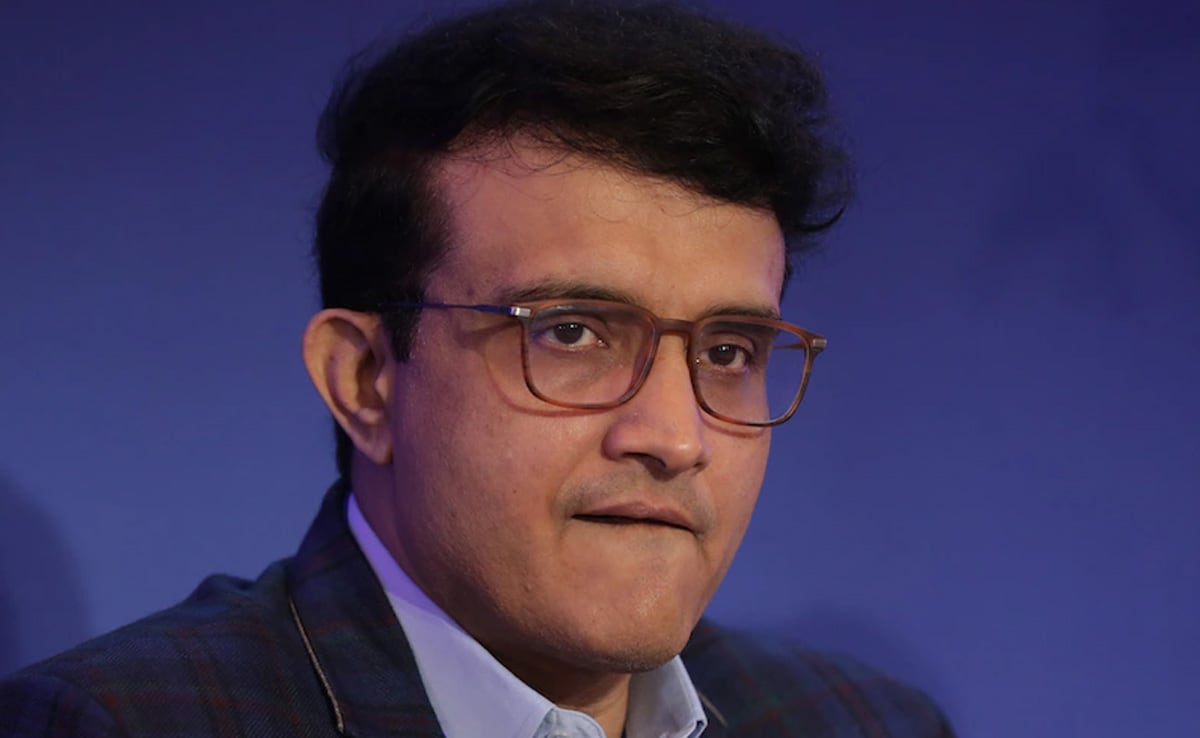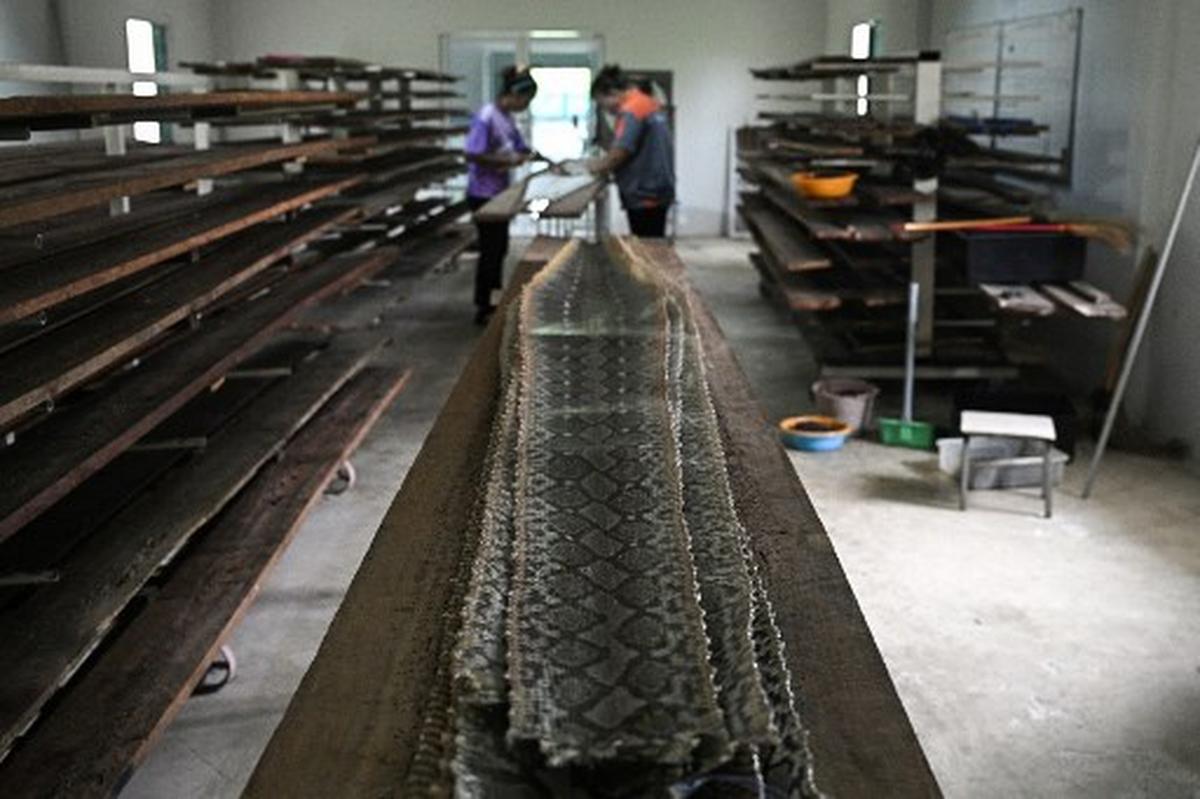chemicals that usually cost ₹1,00,000 would now be bought for ₹2,50,000. File
| Photo Credit: Getty Images
Three digits have thrown scientists across the country into a tizzy. Budget documents, made public earlier this week, show that the Basic Customs Duty on laboratory chemicals, a critical component of research, has been hiked to 150% from the existing 10%.
Imported chemicals, reagents and enzymes come under the category of laboratory chemicals and are vital to experimental research across nearly every domain of scientific research. Most of them are niche products and can be expensive. The issue sparked outrage on social media with estimates by researchers that chemicals that usually cost ₹1,00,000 would now be bought for ₹2,50,000.
The Customs Department defines laboratory chemicals as “all chemicals, organic or inorganic, whether or not chemically defined, imported in packings not exceeding 500 grams or 500 milliliters and which can be identified with reference to the purity, makings or other features to show them to be meant for use solely as laboratory chemicals.”
Santosh Chauhan, a scientist at the CSIR-Centre for Cellular and Molecular Biology (CCMB), and who highlighted the issue on X, posted: “Please tell me this is a misprint…lab chemicals custom duty increased from 10% to 150%? How we do research (sic) and whether funding agencies will compensate by reducing expectations or providing more funds?” He also attached a picture of an email from Merck Life Sciences, a prominent supplier of specialty chemicals, that says rates of lab chemicals would now invite a 150% hike and those of ‘plastics’, a 25% hike from the existing 10%.
Several scientists to whom The Hindu spoke to, while perturbed by the rates, said that it was likely the number was a “misprint” or that exemptions would be made for chemicals specifically used for research and development. Heads of scientific organisations said that “matters were under flux” and that it would be sometime before clarity could emerge.
“This is quite a significant problem and we will be writing to the science secretaries for some clarification. It initially seemed like a misprint as most of the changes in customs duties for other items were in the range of 10% or 15% and this seemed like an outlier,” said the director of a prominent lab affiliated with the Department of Atomic Energy, but who declined to be identified. “During Covid, we started to procure many more vital reagents and chemicals locally as the market dynamics changed. However, there are a vast number of chemicals that are necessary to research and must be imported because there aren’t Indian manufacturers.”
Rajesh Gokhale, Secretary, Department of Biotechnology, told The Hindu that the science Ministries were aware of the issue and “it would be solved.” He did not respond to queries on how these duties were imposed. Requests for clarification from the Department of Science and Technology were unanswered.
For several years now, publicly funded research and development organisations, which have a specific registration certificate from the Department of Scientific and Industrial Research, are exempt from customs duties. A notification on July 27 extended this until March 2029.
“There may be clarifications and exemptions, but it certainly hinders the ease of doing science,” said Binay Panda, Professor, Jawaharlal Nehru University.







